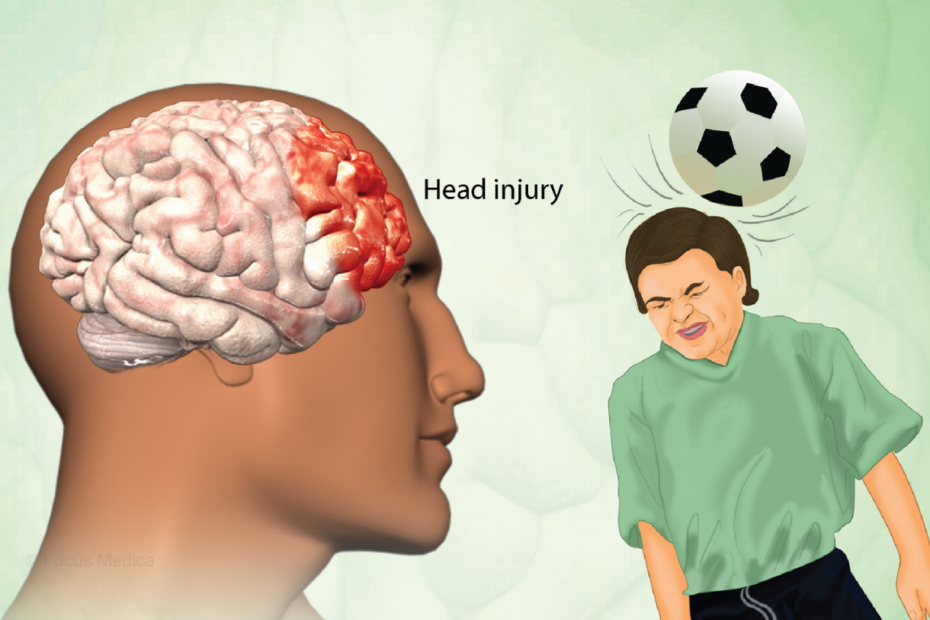Can A Head Injury Trigger Bipolar Disorder?
Can A Tbi Cause Bipolar Disorder?
Keywords searched by users: Can a head injury cause bipolar disorder can trauma cause bipolar disorder, tbi bipolar disorder, can a brain injury cause borderline personality disorder, bipolar brain damage recovery, psychiatric disorders after traumatic brain injury, can tbi cause bipolar disorder, mental disorders caused by brain damage, best mood stabilizer for tbi
Can You Develop Bipolar From A Head Injury?
Can a head injury lead to the onset of bipolar disorder? Research suggests that individuals who have sustained a brain injury face an elevated risk of developing various mental health conditions when compared to the general population. Among these conditions, schizophrenia, bipolar disorder, and clinical depression stand out as notable concerns. Brain injuries can potentially trigger or exacerbate these mental health conditions, highlighting the intricate relationship between brain trauma and mental well-being.
Can A Concussion Cause You To Become Bipolar?
Can a concussion lead to the development of bipolar disorder? Research has indicated that individuals who have experienced a traumatic brain injury (TBI) may face an increased risk of developing various mental health conditions. A study conducted on this topic found that individuals with a history of TBI were 65 percent more likely to develop schizophrenia, 59 percent more likely to experience depression, and 28 percent more likely to be diagnosed with bipolar disorder. This data, dated April 4, 2016, sheds light on the potential links between concussions and these mental health conditions, providing valuable insights for better understanding the impact of TBIs on mental well-being.
Discover 12 Can a head injury cause bipolar disorder
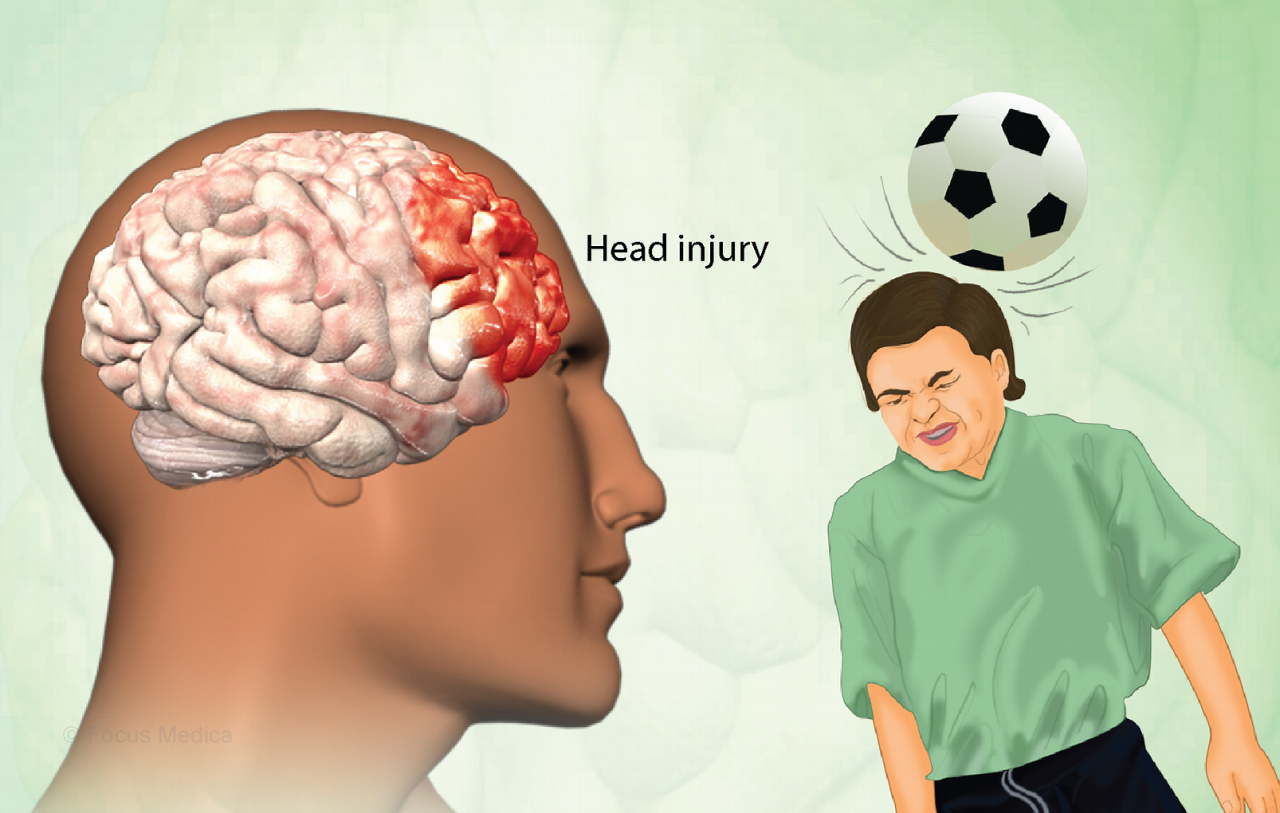
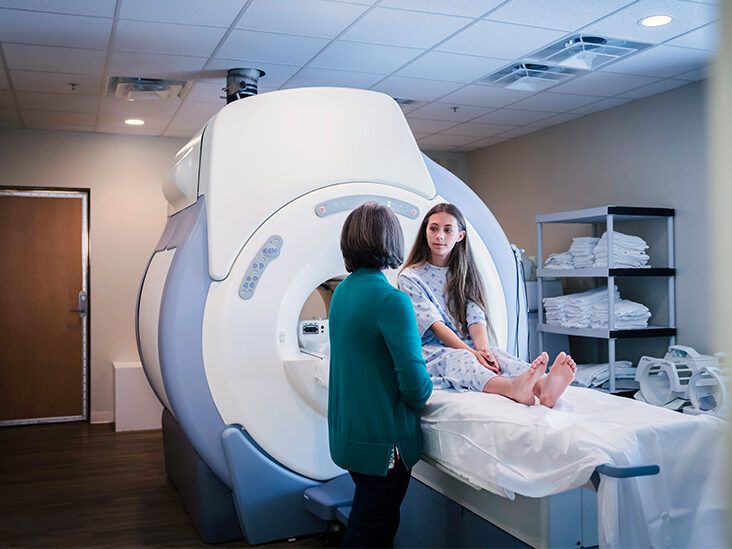
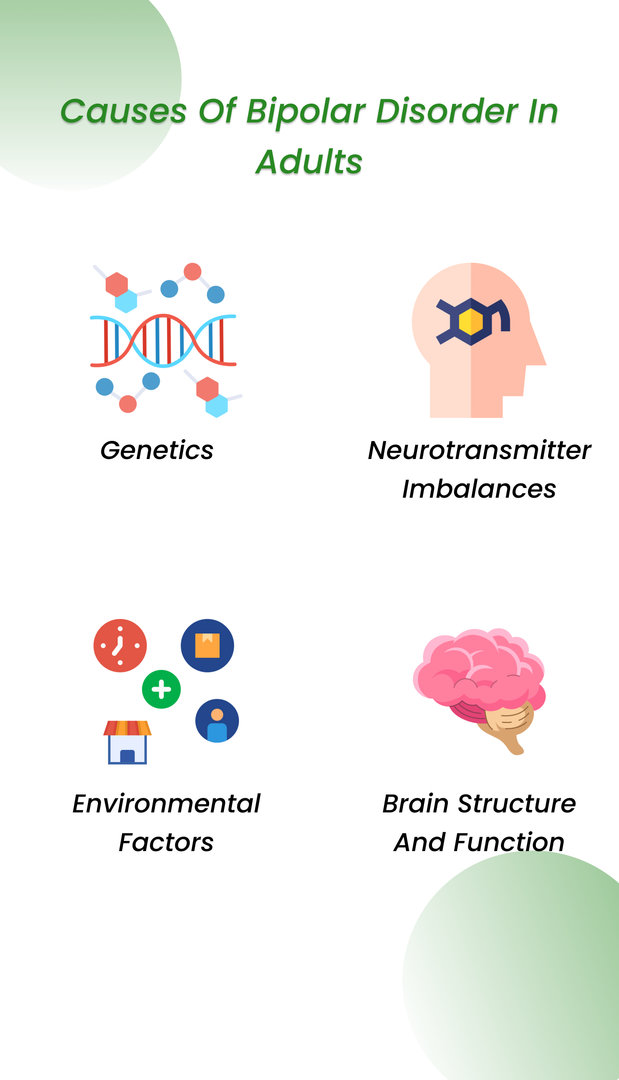
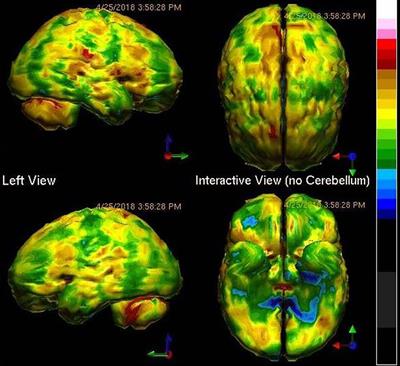

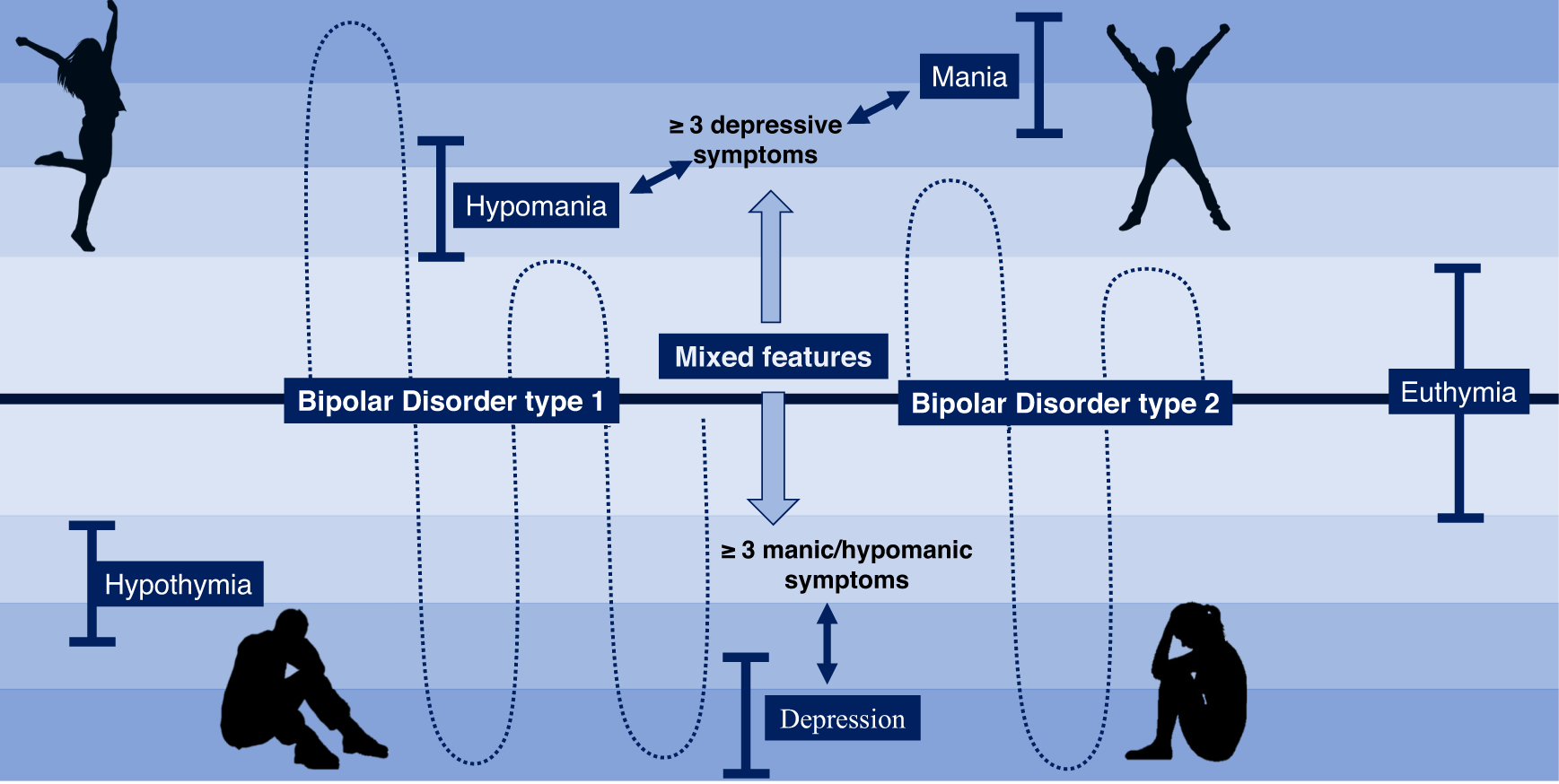

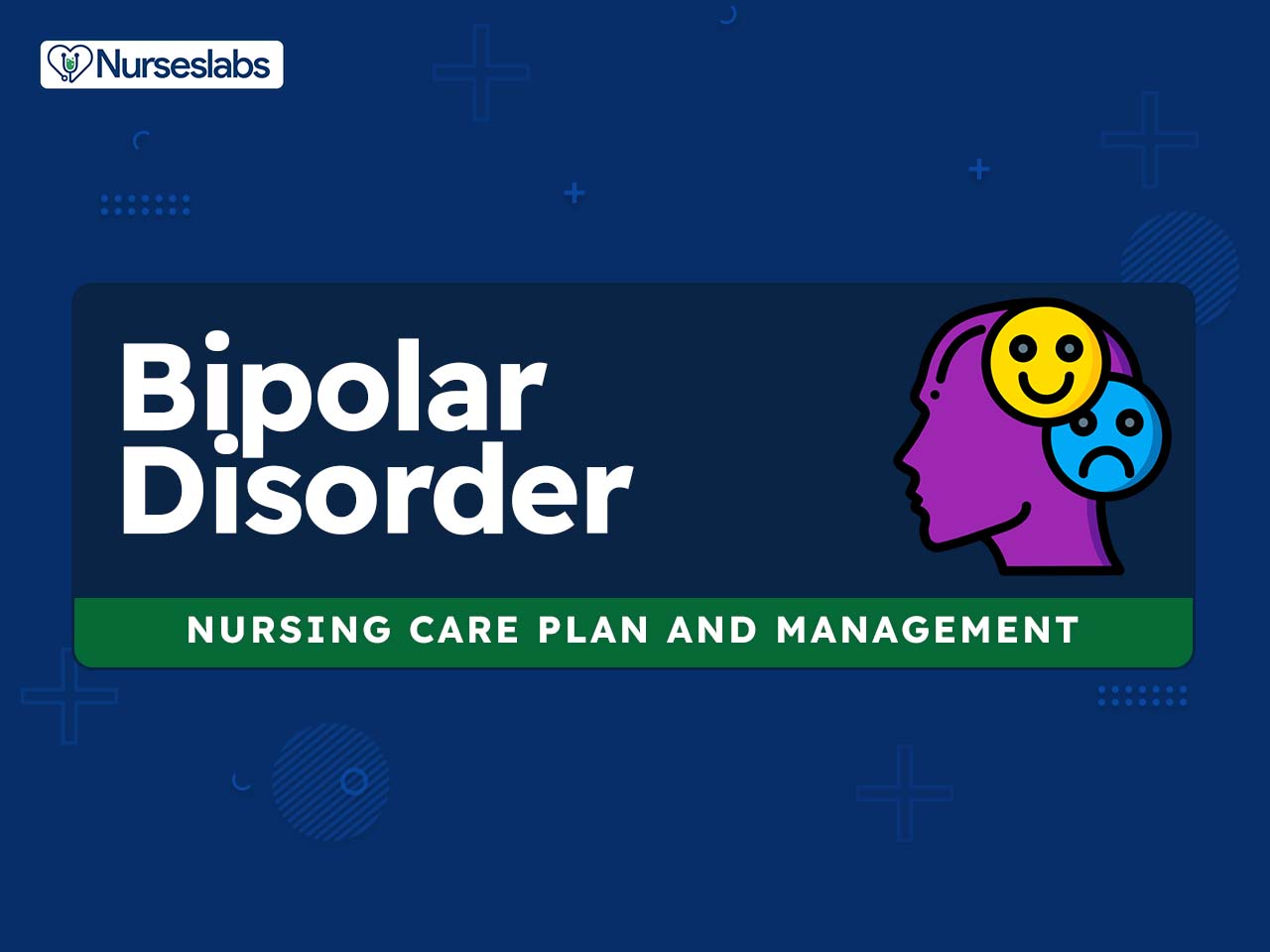
Categories: Collect 69 Can A Head Injury Cause Bipolar Disorder
See more here: maucongbietthu.com

Bipolar and related disorders are relatively uncommon consequences of TBI. Estimated frequencies of secondary mania (i.e., an early post-TBI manic, hypomanic, or mixed episode that is unequivocally related to neurotrauma, usually involving right ventral frontal and/or basotemporal injury) range from 1.7-9%.Sometimes brain injury can result in the development of a mental health condition. Research indicates that people who have experienced a brain injury are more likely to develop a mental health condition than the general population, particularly the conditions of schizophrenia, bipolar disorder and clinical depression.People who had received a TBI were 65 percent more likely to develop schizophrenia, 59 percent more likely to develop depression and 28 percent more likely to develop bipolar disorder.
Learn more about the topic Can a head injury cause bipolar disorder.
